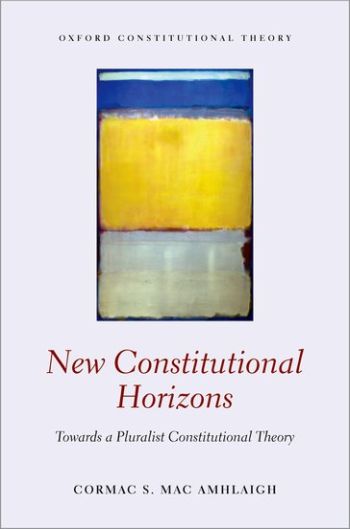
We live in a pluralist world of multi-level law and governance. More than ever before multiple legal systems and governing authorities at different levels - sub-state, state, supranational, international - are recognized as applying to, and claiming authority over, the affairs of the same sets of individuals and institutions. Yet our constitutional theories fail to adequately capture this pluralist state of affairs.
This book examines some of the key conceptual and theoretical puzzles which the contemporary state of multilevel pluralism poses for our constitutional theories. It offers fresh perspectives on these questions by addressing the pluralism of norms and authorities from the viewpoint of legality and legitimacy respectively, proposing novel solutions for pluralizing constitutional theory in the light of contemporary multilevel governance. Our turbulent times are on a steady trajectory of ever-more pluralism of law and governance to tackle the defining social and political problems of our age including populism, pandemic, and climate change and this book provides an essential intervention in debates on how to pluralize constitutional theory to better understand and, perhaps more importantly, legitimize the tools to address these increasingly shared problems.